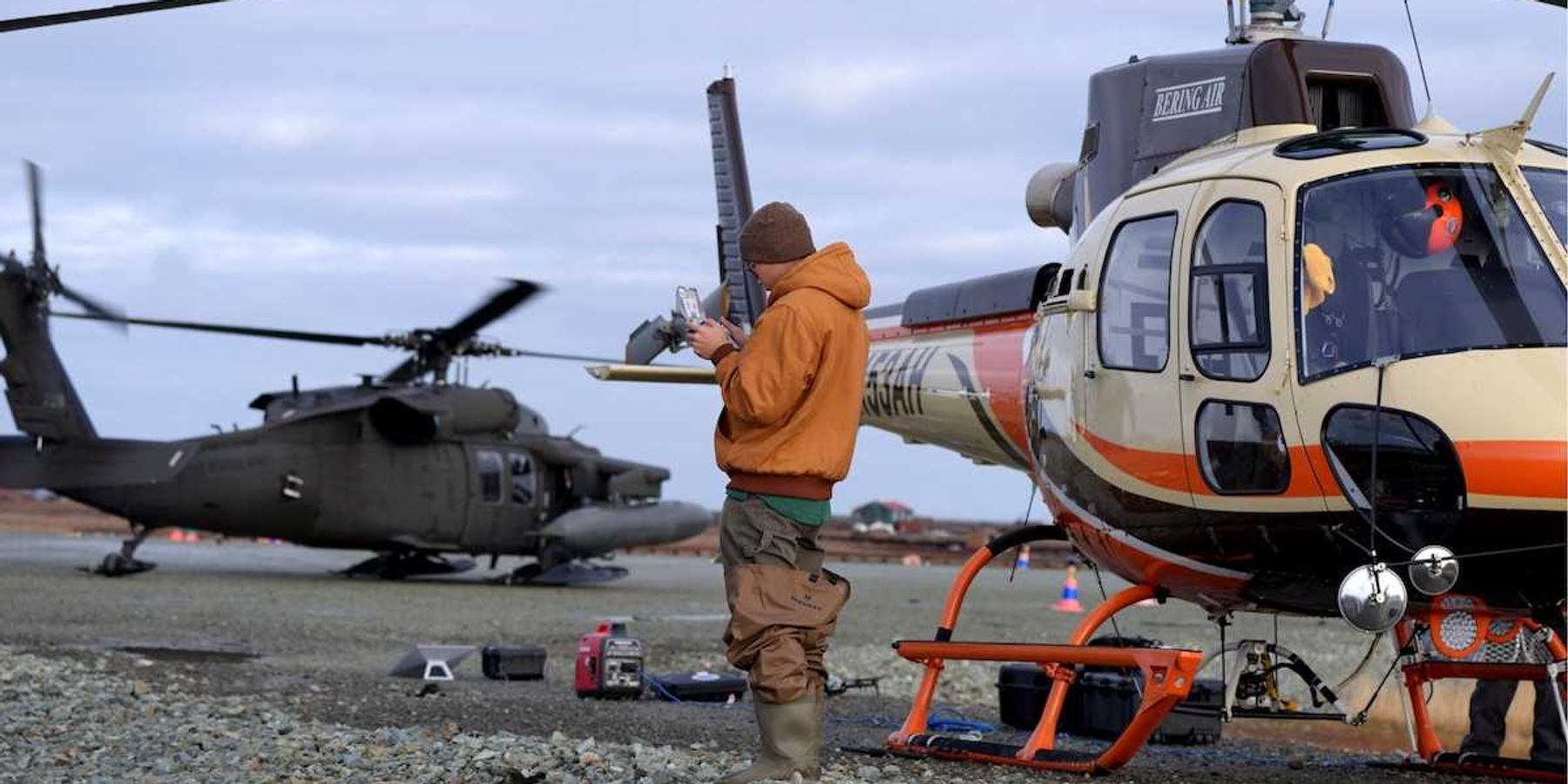North Atlantic's record heat waves may fuel an intense hurricane season
A marine heat wave in the North Atlantic has set daily temperature records for over a year, raising concerns about its potential to drive an unusually severe hurricane season.
Chelsea Harvey reports for E&E News.
In short:
- The North Atlantic has experienced unprecedented marine heat waves, breaking daily temperature records for over a year.
- Rising ocean temperatures are linked to increasing the strength and frequency of hurricanes, posing significant risks.
- This warming trend could signal a potential shift in global climate patterns, alarming scientists worldwide.
Key quote:
“It could imply that a warming planet is already fundamentally altering how the climate system operates, much sooner than scientists had anticipated.”
— Gavin Schmidt, head of NASA’s Goddard Institute for Space Studies
Why this matters:
The sustained oceanic warmth acts as a potent catalyst for hurricanes, enhancing both their frequency and ferocity. This situation poses not only a threat to coastal areas but could also herald broader environmental shifts with significant implications for weather patterns globally.
In addition, increased ocean warmth disrupts the delicate balance of marine ecosystems, leading to coral bleaching, the migration of fish populations away from their traditional habitats, and adverse effects on breeding patterns and food chains. Such changes not only harm the organisms that inhabit these waters but also the fishing communities and industries that depend on them.













